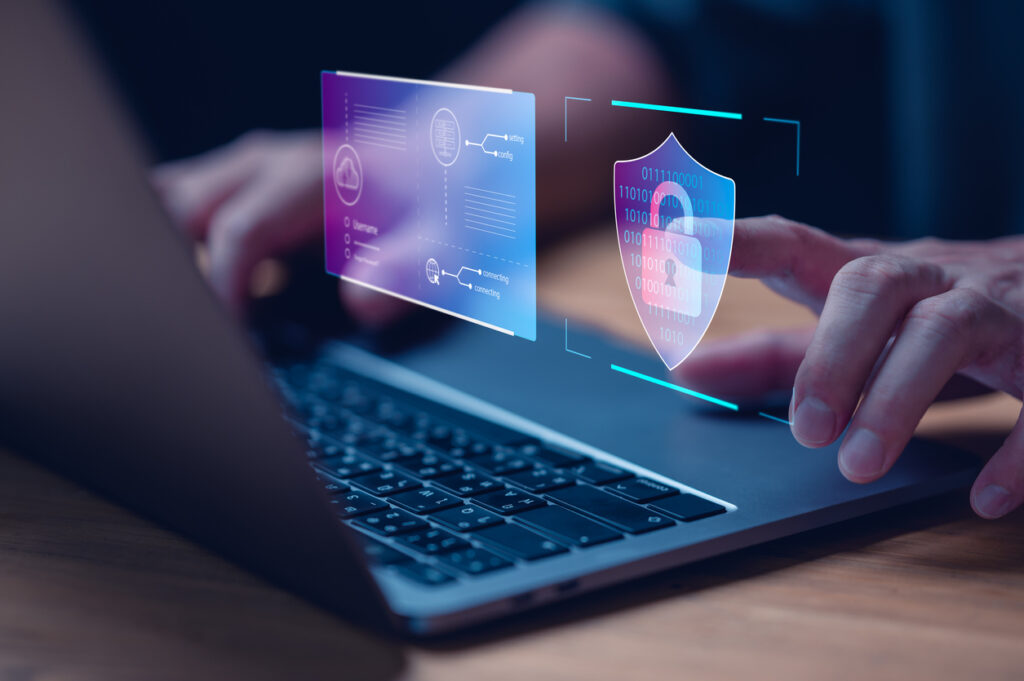In our increasingly connected digital world, maintaining online privacy is no longer a luxury, but an absolute necessity. It is imperative that we understand the gravity of keeping personal information private online. This blog post aims to unravel the reasons behind this importance and equip you with practical tips for safeguarding your online privacy.
Why is it Important to Keep Personal Information Private Online?
The answer lies in the detrimental consequences of not doing so – the most notorious being identity theft. When your personal information falls into the wrong hands, criminals can impersonate you online, gaining access to your financial accounts, tarnishing your reputation, or causing a host of other problems.
Furthermore, oversharing on the internet can lead to unwanted surveillance and monitoring. In a world where privacy trade-offs are becoming increasingly common, it’s essential to be mindful of the information you share and who has access to it.
Here are the key reasons why you should protect your personal information online:
- Preventing Identity Theft: This is the primary reason to keep your personal information private. Identity theft can lead to financial loss, credit damage, and emotional distress.
- Avoiding Unwanted Surveillance: Excessive sharing can lead to increased monitoring from various entities, including advertising companies and potentially malicious actors.
- Maintaining Reputation: Your online presence can greatly influence your real-life reputation. Keeping personal information private helps avoid potential misinterpretations or misuse of your information.
How To Protect Personal Information Online?
Now that we’ve established the importance of online privacy, let’s delve into 5 ways to protect your privacy online:
- Use Strong, Unique Passwords: Ensure each of your online accounts has a unique and strong password. Consider using a password manager to keep track of them all.
- Enable Two-Factor Authentication: Wherever possible, enable two-factor authentication (2FA). This adds an extra layer of security to your accounts.
- Be Wary of Phishing Scams: Be cautious when clicking on links in emails or messages. Phishing scams often mimic legitimate businesses to trick you into giving away your personal information.
- Keep Main Email Address and Phone Number Private: Use a separate email address for shopping and other non-essential online activities to keep your main email address private.
- Regularly Update Your Devices: Keeping your devices updated ensures you have the latest security patches, making it harder for hackers to gain access to your data.
In summary, the importance of keeping personal information private online cannot be overstated. It’s integral to preventing identity theft, avoiding unwanted surveillance, and maintaining your reputation. By following the practical steps outlined above, you can begin to take charge of your online privacy and navigate the digital world with peace of mind.
Take ownership of your online privacy today. Start by implementing these steps and remember, your personal information is just that – personal. Protect it like you would anything else that’s valuable to you.
Even putting into practice all the steps above, your personal data can still be compromised via a data breach at one of the many companies holding it. Learn more about data breaches here. Data Breach Meaning?
If you reside in California, the California Privacy Protection Agency (CPPA) is another great resource.




